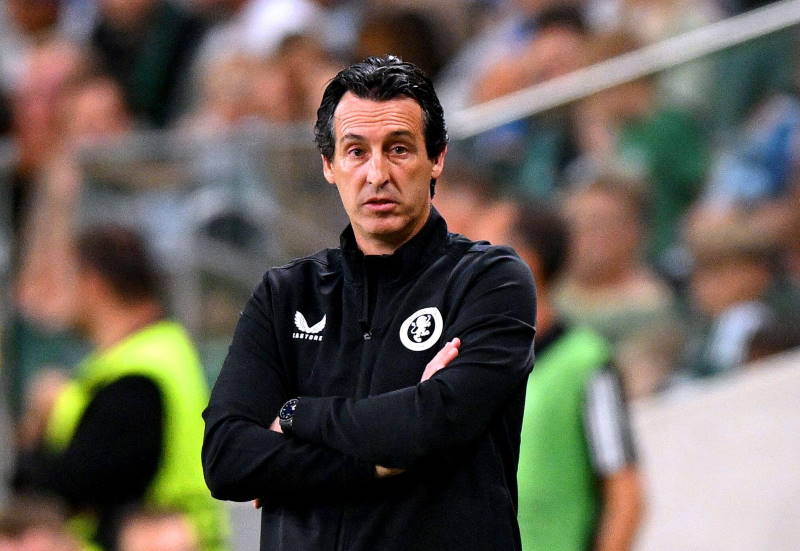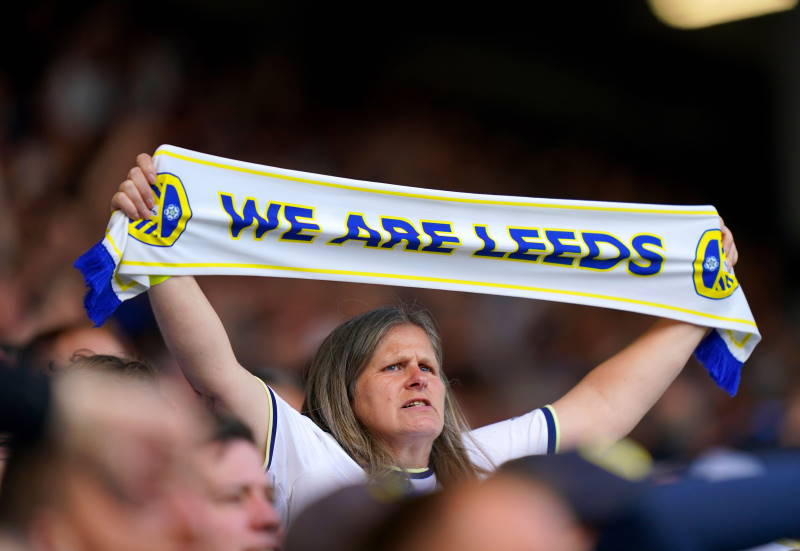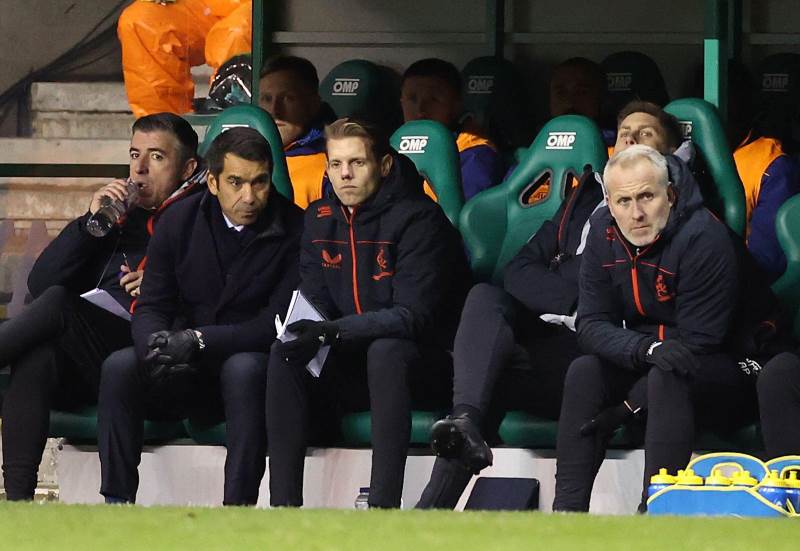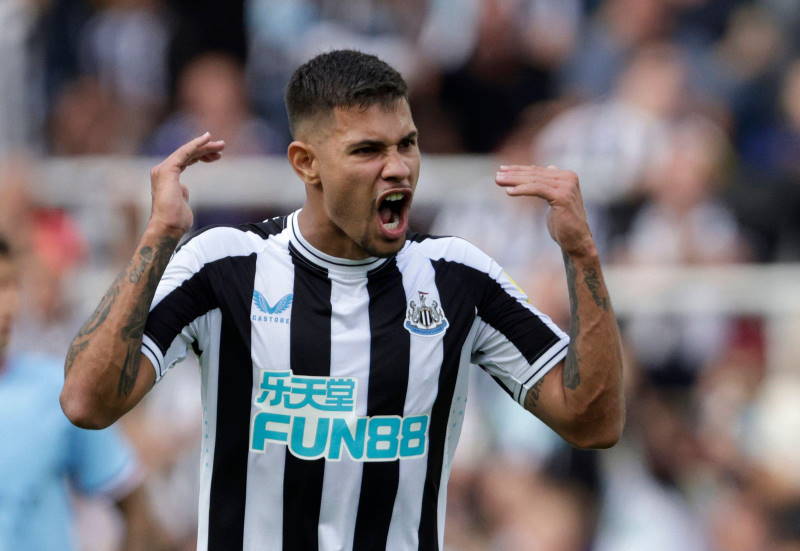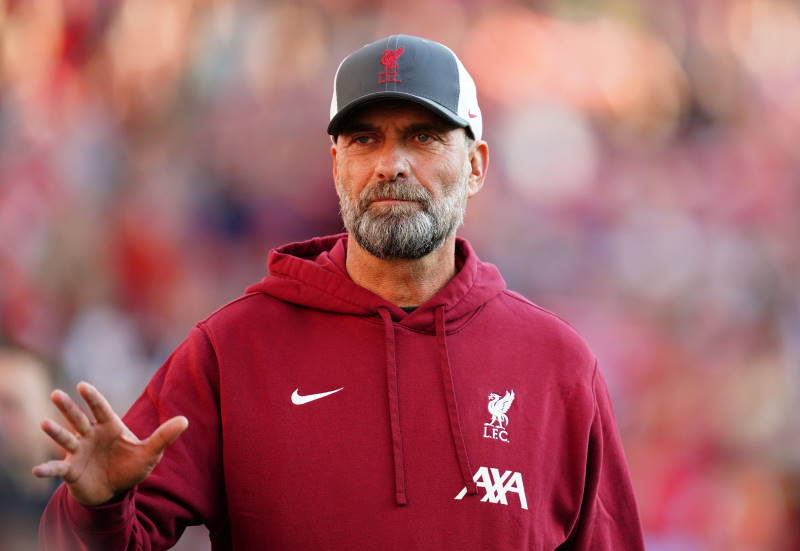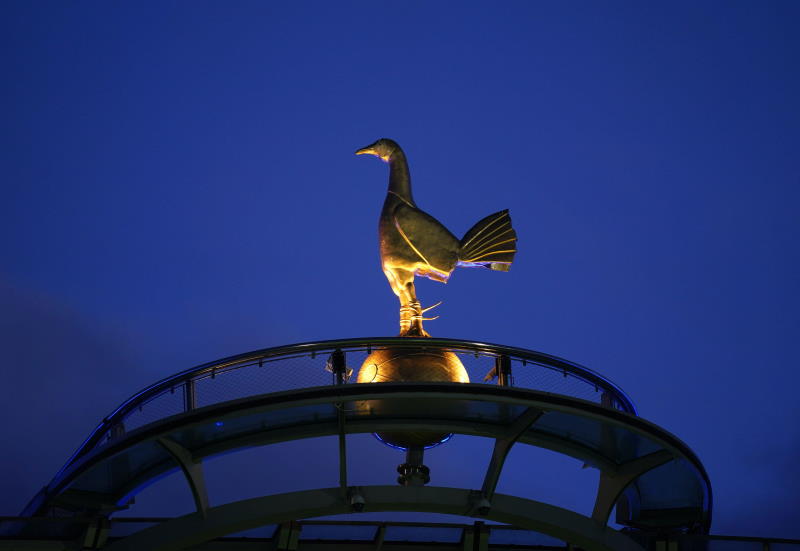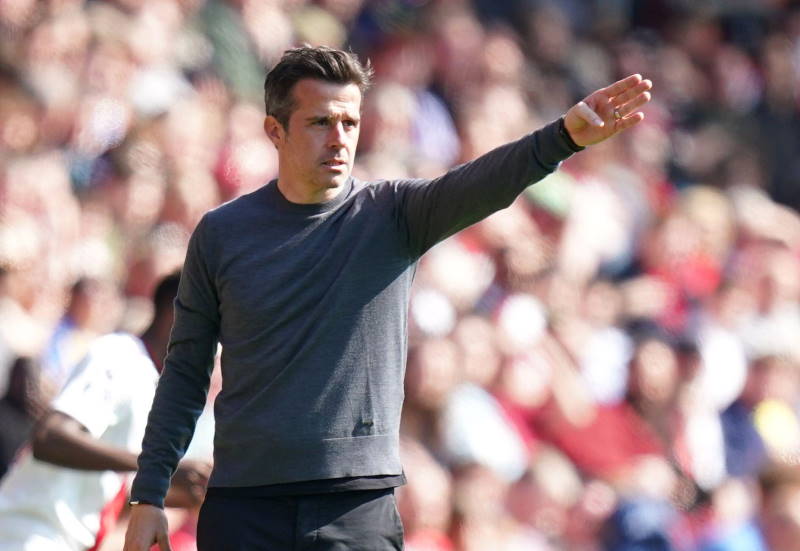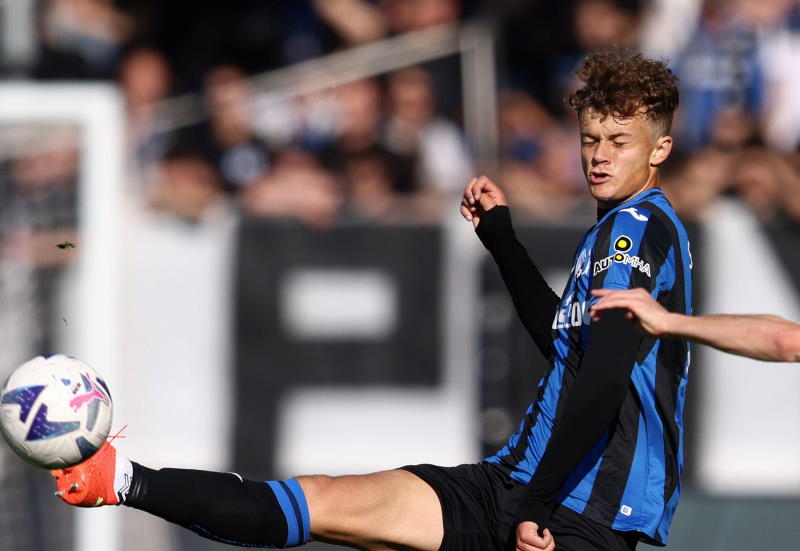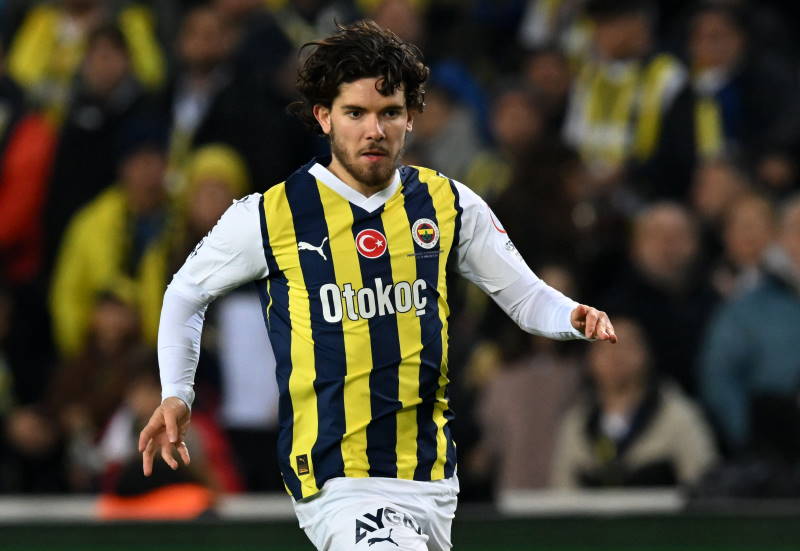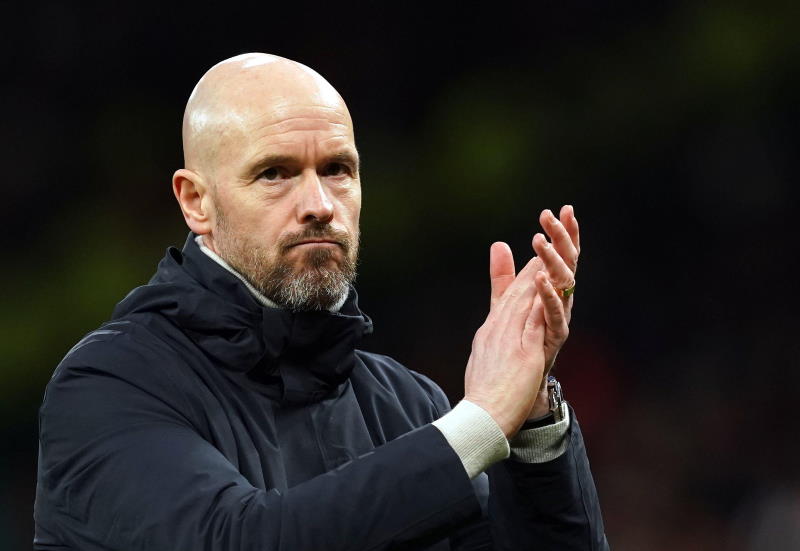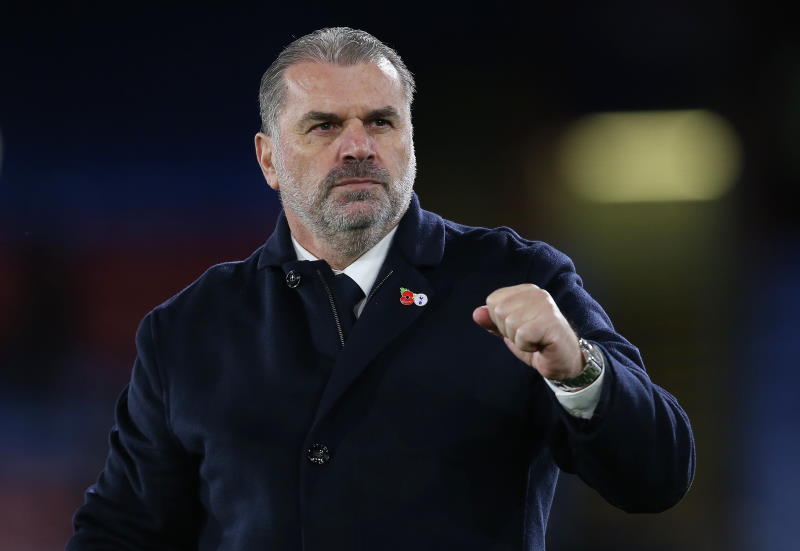 [kalooga-img]
[kalooga-img]
Callum Davies
A little over twenty years ago, Eric Cantona sealed a move to Manchester United. Characterised as a enigma, and later as one of the most influential players of his generation, he would go on to help the red half of Manchester seal four Premier League titles in a relatively succinct tenure.
Cantona divided opinion among fans around the country. Some saw him as a brash, stubborn foreigner whose disciplinary problems tarnished the English game. Others enjoyed all the pomp and the attitude he displayed. On the pitch however, there was no denying that the Frenchman was a player of immense talent, and his mercurial influence was unquestionable during the mid-1990s.
Every so often however, Cantona’s personal attitude brought him into the limelight. He was fined for spitting at an opponent, he received numerous red cards and was even faced with a prison sentence in 1995 after kicking a Crystal Palace supporter. Despite these offences, the forward is today regarded as one of the true greats, and his flaws perhaps enhance his status as a cult figure.
Fast forward, and England is seeing a similar personality leaving the country’s shores after a brief but far from quiet spell in the Premier League. Three years on from arriving at Manchester City, Mario Balotelli has returned to Italy to join AC Milan. He leaves as a cult figure, but unlike Cantona, he rarely transformed his attitude into acts of sustained genius.
It is an arduous task to sum up Balotelli’s experience in England, and even England’s experience of him. Training ground bust-ups, tales of bizarre philanthropy and a myriad of suspensions and dismissals all contribute to his less than glowing reputation.
When Balotelli arrived at Manchester City in 2010, the hype was there for all to see. This young, bullish Italian had landed to rejoin Roberto Mancini, the manager under whom he played at Inter, for a substantial fee of €22M. The price tag alone would unnerve many 20-year-old footballers, but Balotelli shook it off and fitted straight into Mancini’s plans.
In his early days at Manchester City, Balotelli’s performances varied from the sublime to the outrageous. All drama aside, his first season in England culminated in his first silverware in the country, and he collected a man of the match award for his role in his club’s FA Cup final victory against Stoke City.
However, there was no denying at the time that ‘Super Mario’ had some issues to address. He was sent off for violent conduct against West Brom (a game in which he also scored his first goals in England) and also against Dynamo Kyiv in a Europa League tie. In the same season, he faced sanctions by club officials after an alleged dart-throwing incident involving a youth team player, but disciplinary action was dropped since no one was hurt.
The start of the 2011/12 season was much of the same for the Italian. In fact, his first moment of controversy came on the pitch in a pre-season friendly against Los Angeles Galaxy when Ballotelli, through on goal in the 28th minute, attempted an audacious backheel flick which trickled out of play. Fans were bemused and booed the player, while Mancini, incensed by the frivolity of the attempt, hauled off his prized asset.
It seemed as if dismissals were indicative of Balotelli’s second season in the top flight. Despite scoring 17 goals in all competitions, he received four red cards, including two yellow cards in 15 minutes against Liverpool at Anfield, and a straight red card for a shocking lunge on Bacary Sagna at Arsenal.
As was customary of his time in England, in between the sheer madness, he was capable of moments of brilliance. A famous celebration during his stellar performance at Old Trafford, unveiling an undershirt which read “Why Always Me?” epitomised his persona. He was occasionally engrossing yet frequently ineffectual, but although he didn’t earn a great deal of respect from fans, there was something likeable about all the unpredictability.
To cap off an average season, the Italian was told by Mancini that he would not feature for the remainder of the campaign, only to return in the last game at home to QPR. For all the drama and controversy, Balotelli delivered when it mattered most, providing the assist for team-mate Sergio Aguero to score the goal that won Mancini’s men the title, deep into injury time in front of delirious supporters at the Etihad Stadium.
There was even greater expectation on his shoulders ahead of this season, thanks largely to his performances during the European Championship in Poland and the Ukraine. His double against Germany highlighted all that was great about the striker; pace, strength, and an eye for goal. Balotelli’s second goal will forever be remembered as one of the great strikes of the tournament and it meant a ticket to the final against Spain. Although the Italians were brushed aside with ease, his performances had an air of maturity about them, and this could only be a positive as far as Manchester City fans were concerned.
The heights of the summer were not reached during the 2012/13 season however, and the biggest and perhaps most decisive moment in his campaign came in December when he clashed with Mancini on the training ground in front of photographers. Mancini always maintained that in order to get the best out of Balotelli, a manager had to deal with his wild side. This incident was in fact the straw that broke the camel’s back.
Losing Balotelli may not cost Mancini a great deal of sleep in the coming weeks and there is no doubt that both Manchester City and AC Milan will benefit from the deal. Balotelli will feel more comfortable in Italy and this could have a positive impact on both his discipline and his sporadic performance levels.
The striker took a substantial wage cut to finalise the move and Mancini has confessed that there was no time to sign a replacement, underlining the status of Balotelli as ultimately on the fringe of the first team in this campaign.
One section of the English population that will no doubt be disappointed to see madcap Balotelli leave will be the country’s press. He has inspired some of the major talking points in the last three years and it will be difficult to find an alternative so prolifically headline-grabbing.
Balotelli leaving English shores will leave the Premier League with less entertainment and discussion. However, these reasons for discussion are not what he or Mancini would have wanted. It is frustrating that a player of his potential could have gone on to achieve great things at the club, but his immaturity overshadowed his game and won him no favours. At the end of his time at Manchester City, the Italian was used sparingly and was often more of a hindrance than a threat.
The 22-year-old has definitely secured his move under a cloud of unfulfilled potential and it has been a tremendous waste of talent. Yet Mancini gave Balotelli plenty of chances to better himself and although this could be an indication of how poor the former Inter coach’s man management skills are, the Italian seems a difficult character to keep on the leash and his ostentatious approach to life in England has hardly helped him.
In ten years’ time, when comparisons are being drawn with the many other continental players to grace England’s shores, Balotelli’s name will be dropped. He will remain a cult hero to fans, such as Cantona was, but that is where the comparison will most likely end. Where the red half of Manchester consider Cantona the King of Old Trafford, Balotelli will be remembered as the ‘What might have been’ of the Etihad Stadium.
Betting on football? Check out Inside Bet before you bet!
[kalooga-article]

